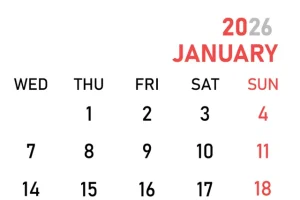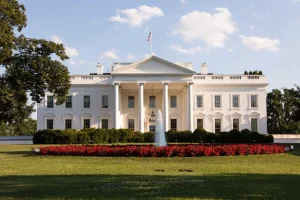Clouds Growing on the Telephone Marketing Horizon
On Sunday, November 24, the following article was published regarding recent comments made by Sen. Charles Schumer.
Senator says government should help curb robocalls [Updated: Sunday, November 24 2013, 01:50 PM EST New York]
“Telemarketers could face stiff fines and harsh punishments for violating the federal “do not call” rules, Sen. Charles Schumer announced Sunday. Schumer will be introducing new legislation that will raise fines and create harsher penalties for telemarketing companies who violate these rules, including a $20,000 fine per call made by automatic dialing machines, which have been blamed for the recent increase in the number of calls made by the illegal automatic dialers.”
“When it comes to the loophole-exploiting robocall industry, we need to fight fire with fire — and that means higher penalties, jail time and better technology to fight the spammers who have ruined countless family dinners, sporting events and other family gatherings,” Schumer said in a statement. “The Do Not Call list is a great idea that needs some updating to make it better suited to our modern world.”
Robocalls are phone calls that use computerized messages from telemarketing campaigns to deliver pre-recorded messages, while the automatic dialing machines use computer software to randomly dial a phone number and then play the computerized message. In many instances, these types of calls are made by fraudulent companies trying to steal money from the person being called.
It is very clear that robocalls (prerecorded solicitation messages) are and have been under fire for the past several years. Yet of the dozens of companies we work with, I can’t think of a single one that delivers prerecorded solicitations. This is yet another example of the sad fact that a few unscrupulous players can cause increasing regulatory attention and risk for everyone.
The Telephone Consumer Protection Act (TCPA) and the Telemarketing Sales Rule (TSR) regulate robocalls and both now require prior express written consent (PEWC), even for calls to residential lines. Therefore, it is not so much a Do Not Call issue as it is a prior consent issue. Lacking the appropriate level of consent means the messages cannot be compliantly delivered. Obtaining PEWC makes these calls permissible even if the number is on a Do Not Call list.
Have you noticed the ever-increasing law firm advertisements touting class action support for calls received on mobile phones? The new requirement for PEWC to place solicitation calls to mobile phones via automated dialer is barely a month and a half old and the class action law firms are already investing in television advertising.
It is very clear that if your company is using the telephone to contact consumers for any reason including marketing, information, surveys or even debt collection, you must ensure that you have a defendable position. Even manually dialing mobile phone numbers does not mean you will not have to expend time and money defending your company during the discovery phase of a lawsuit.
Reputable companies want to comply with the rules and do not need unnecessary and burdensome regulations. Become involved in trade organizations that seek to reduce the amount of regulations and consider becoming PACE Self-Regulatory Organization (SRO) accredited.
If you have any questions about robocalls, obtaining prior express written consent, or how the PACE SRO accreditation can help your company, please contact us at consulting@compliancepoint.com.
Finding a credible expert with the appropriate background, expertise, and credentials can be difficult. CompliancePoint is here to help.





